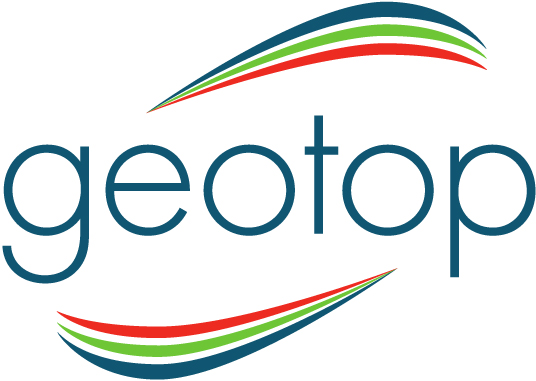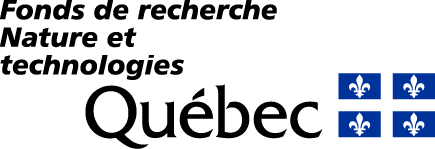IDPR Analysis of Southern Quebec: An Indirect Method for Recognizing the Spatial Distribution of Infiltration, Runoff, and Other Hydrogeological Indicators
The current project presented to the Drinking Water, Groundwater, and Surface Water Directorate (DEPESS) of the MELCCFP focuses on the link between geomorphology and the hydrological properties of the substratum. The organization of the hydrographic network primarily depends on the hydrological and hydrogeological properties of geological formations. Thus, in a given climatic context, drainage density is a strong indicator of the properties of the geological formations that constitute the basin.
Groundwater resources have become a focal point of research in recent years, with investigations focusing on vulnerability, recharge dynamics, and surface-groundwater interactions. However, methodologies employed in these studies often face challenges in comparability across diverse hydro-geomorphological landscapes and resolutions.
Thesis Subject: Building on established methodologies, such as the Network Development and Persistence Index (IDPR), we utilize existing datasets of river networks and digital elevations in southern Quebec. Through the development of a mapping index, this research aims to provide a simple tool to identify areas of aquifer recharge, runoff, or infiltration. Such an index holds promise for delineating critical areas to protect water resources and
potentially optimize them through targeted recharge management strategies. There is the possibility of field deployments to validate the results.
Work Location: PhD in Earth and Atmospheric Sciences at the Université du Québec à Montréal, Montreal, Canada.
Date and Duration: Start of the thesis from September 2024. Duration of 3 years.
What we offer:
• Individual supervision
• Teamwork on a project with various applications to environmental issues
• Cooperation with the MELCCFP ministry
• Use of UQAM’s infrastructure with all its advantages
Skills:
• Requirement: Master's degree in geosciences, geomathematics, hydrogeology, cartography, or a related field.
• Asset: Experience in writing and publishing scientific
• Asset: Autonomy and ability to work in a team.
• Asset: Excellent knowledge of ArcGIS or QGIS and experience in managing large amounts of data.
• Requirement: Proficiency in French (both spoken and written) and English (both spoken and written).
Working environment: The project will be co-supervised by Dr. Christin Mueller (UQAM), Prof. Janie Masse-Dufresne (ETS), Dr. Viorel Horoi (UQAM), and Prof. Florent Barbecot (UQAM).
Scholarships: Between CAD 25,000 and 30,000.
How to apply: Interested candidates are requested to send a CV, a cover letter, a transcript, and the contacts of 3 referees to muller.christin [at] uqam.ca, janie.massedufresne [at] etsmtl.ca, horoi.viorel [at] uqam.ca, and barbecot.florent [at] uqam.ca. The deadline for applications is July 15, 2024.
Selection will be made as applications are received until the student is recruited. UQAM contributes to the development of an environment conducive to equity, diversity, and inclusion (EDI) in all spheres of activities, including research and creation obligations. To this end, the recruitment procedures for highly qualified personnel (including students and postdoctoral fellows) must ensure representation of marginalized groups and promote their inclusion within
research teams.

